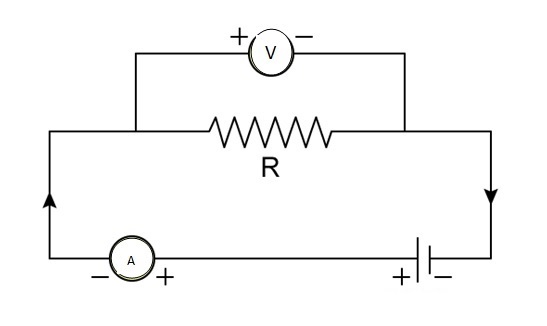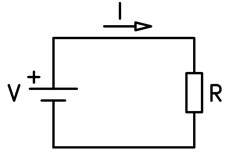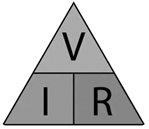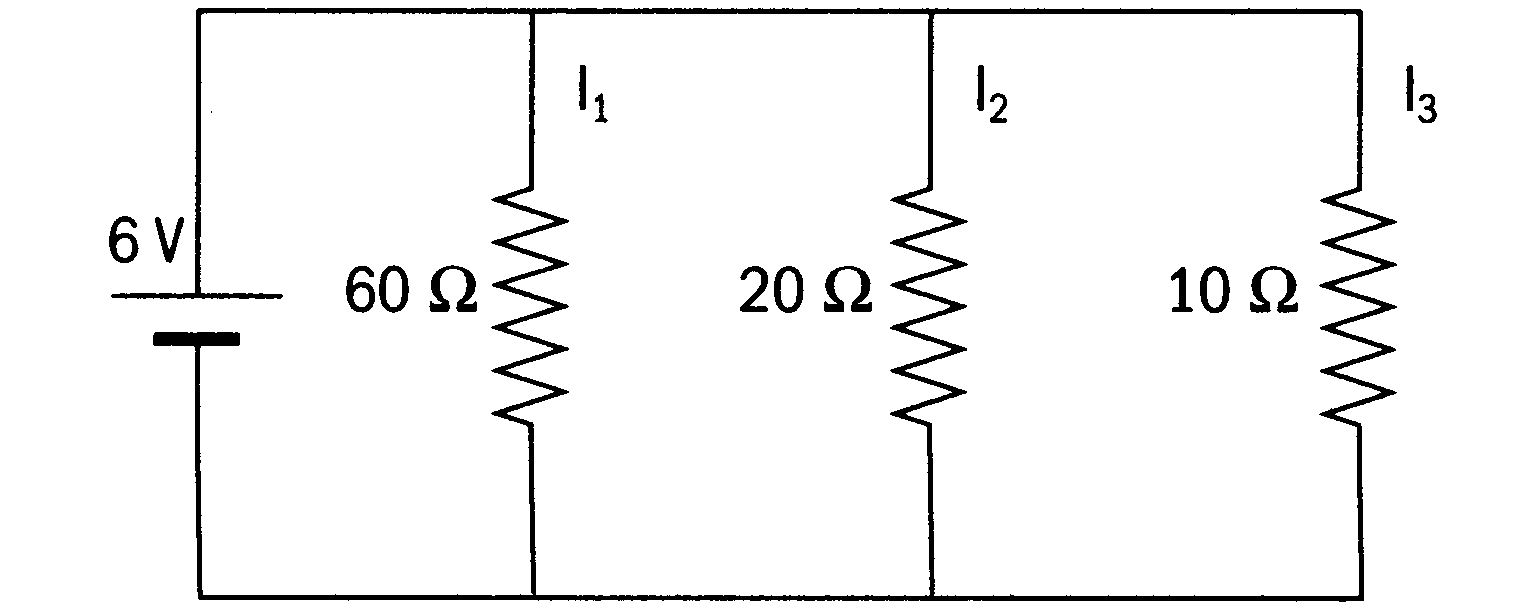OHM's Law
Ohm's law was formulated by George Simon Ohm who studied electricity and after carrying out several investigations, in 1827 he discovered this law. This law relates the magnitudes of:
Ohm's law states that: the ntensity of electric charge is expressed in amperes (A), which circulates inside an electrical circuit is directly proportional to its electrical voltage and at the same time inversely proportional to its resistance. The law discovered by George Simon, as its name suggests, is represented in ohms (Ω).
How can we calculate the intensity using Ohms' law?
Depending on the information we have we will apply one of the following formulas or others:
I ![]() V / R
V / R
V = I · R
R=![]() V / I
V / I
- V =Voltage
- R = Resistance
- I = Current
Ohm's law and power
Ohm's law helps us to find the power of a circuit, as power is the multiplication of voltage and current. A circuit is made up of atoms that can have positive or negative charges: protons (+) and electrons (-). In addition to these two atoms, we can find neutrons that have a neutral charge. Below, we can see a circuit.
Ohm's law triangle
The Ohm's law triangle is a trick to remember the formula. We only have to cover the variable we want to obtain.
Types of currents
Whereas in a direct current (DC) we find a continuous flow, that is to say, a constant current. In an alternating current (AC), as the name suggests, there are alternating current peaks at regular intervals.
Ohm's law in parallel
We can find the current in parallel, which has two resistors and can flow through two paths.
Applications of Ohm's law
Ohm's law can be found in any device that contains an electrical circuit, so we have it present in our daily lives both at home and elsewhere, either indoors or outdoors. An example of an application that we can see in our daily life is the refrigerator, in the moment in which it is connected to the electric current and receives the voltage conducting the current which helps to cool it, this law is already being applied.












